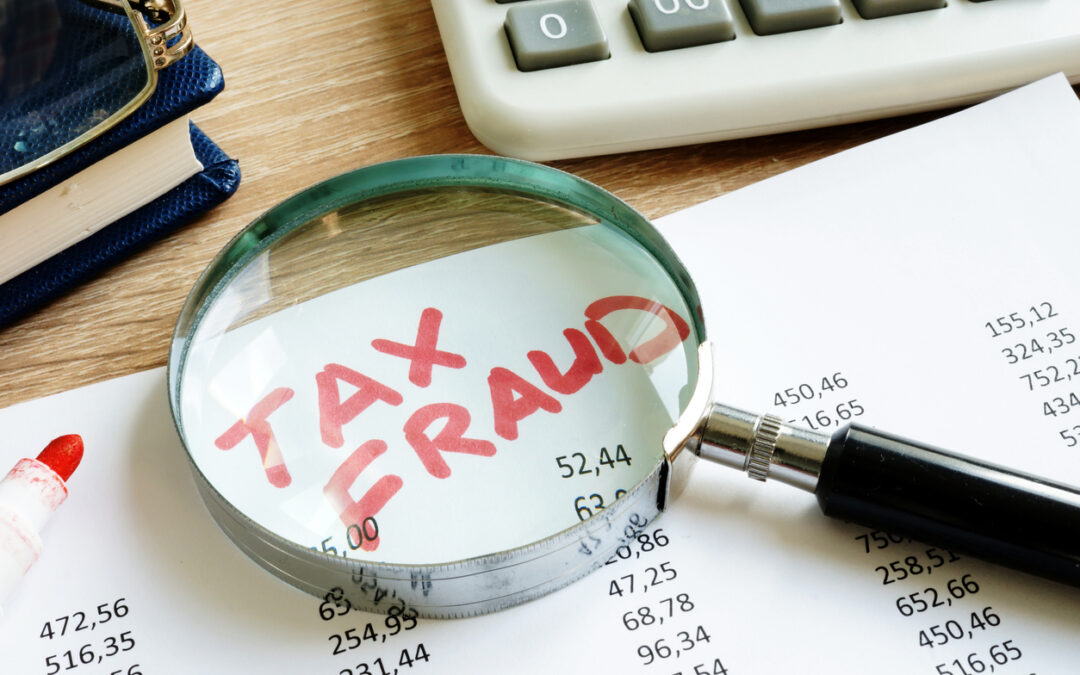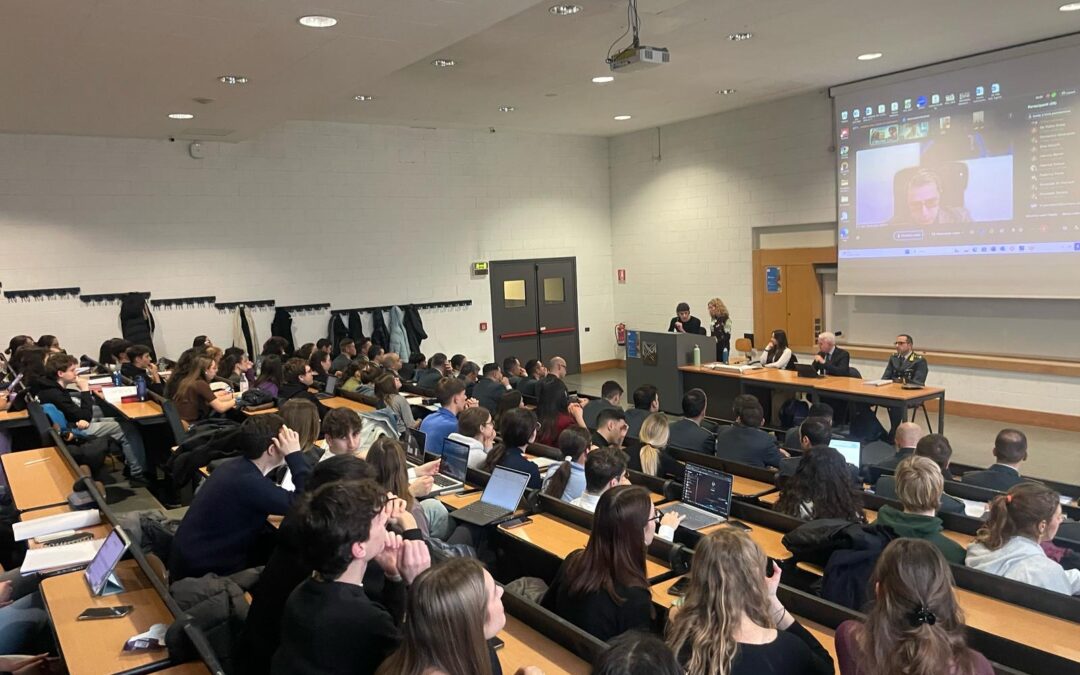Networking activities
National Institutions Committee
Il comitato si occupa di dialogare costantemente con le istituzioni nazionali maggiormente a contatto con EPPO al fine di contribuire al miglioramento delle prassi in atto nel settore.
Chair:
Paolo Valerio
Dirigente dell’Unità Generale Ufficio rapporti Eppo-DNA-DDA
Rocco Antonio Burdo
Responsabile della Sezione rapporti DNA-DDA
Members:
Jacopo Merzi
Raffaele Prettato
Lorenzo Venezia
Antonio Leo Tarasco
Ferdinando Sorbilli
Activities

EU’s answer to counter cross-border VAT fraud is on the way: Central VIES
Author: Mattia Rossi Committee: National Institutions Committee Date: 06/04/2025 On 5 november 2024, it was approved by Ecofin, with meaningful amendments, the VAT in the Digital Age package (COM (2022) 701-702-703-704) with the goal to make VAT in compliance with the...

Frodi IVA e cryptovalute: come la criminalità organizzata utilizza la moneta digitale per evadere
Author: Nadia Mangiardi Fontana Committee: National Institutions Committee Date: 13/03/2025 Le criptovalute sono ormai un argomento di grande interesse non solo per gli investitori e gli appassionati di tecnologia, ma anche per le organizzazioni criminali, incluse le...

Frodi IVA: Comprendere il Problema per Combatterlo – Il Ruolo del National Institutions Committee
Author: Nadia Mangiardi Fontana Committee: National Institutions Committee Date: 25/02/2025 Nel panorama economico e finanziario odierno, le frodi IVA rappresentano una delle sfide più complesse per gli Stati e le istituzioni internazionali. Parliamo di un fenomeno...

Indagine UE su Mafia e Frode IVA: 43 Arresti e 520 Milioni di Euro Congelati
Author: Nadia Mangiardi Fontana Committee: National Institutions Committee Date: 07/02/2025 Un’importante indagine condotta dall’European Public Prosecutor’s Office (EPPO), con il supporto delle forze di polizia italiane e di altri paesi europei, ha portato a 43...

Funded by the European Union. Views and opinions expressed are however those of the author(s) only and do not necessarily reflect those of the European Union or the European Education and Culture Executive Agency (EACEA). Neither the European Union nor EACEA can be held responsible for them.
